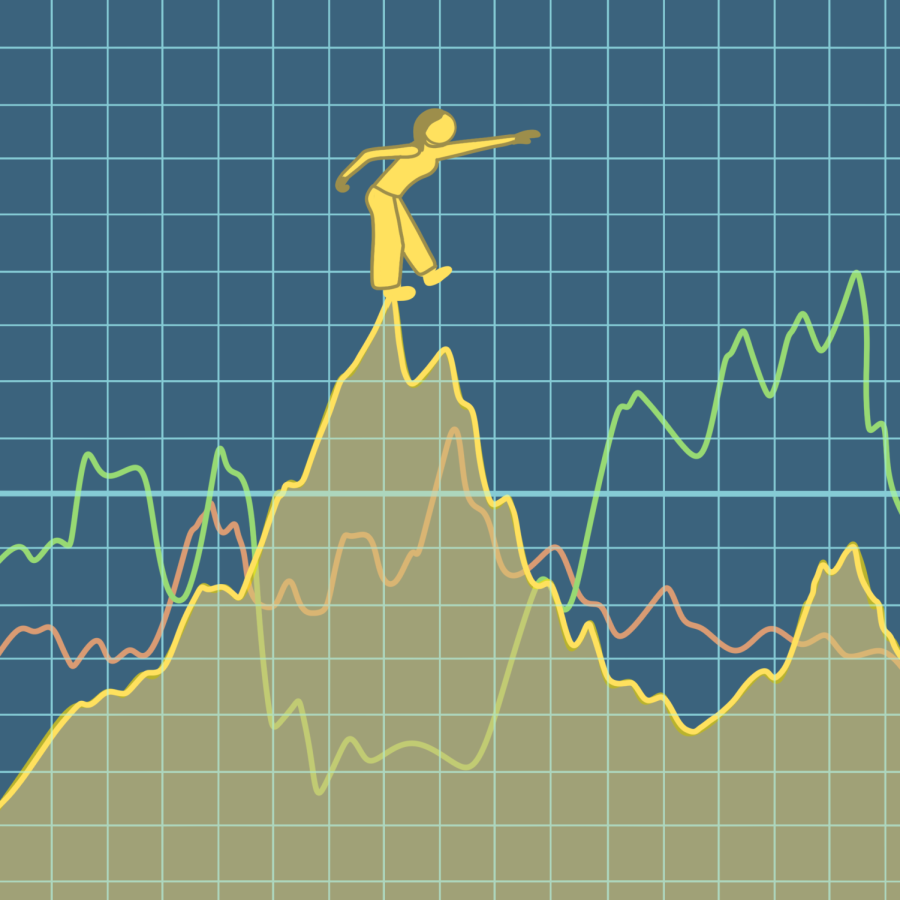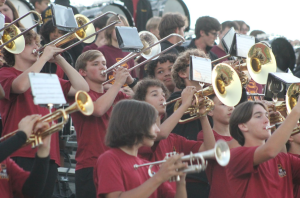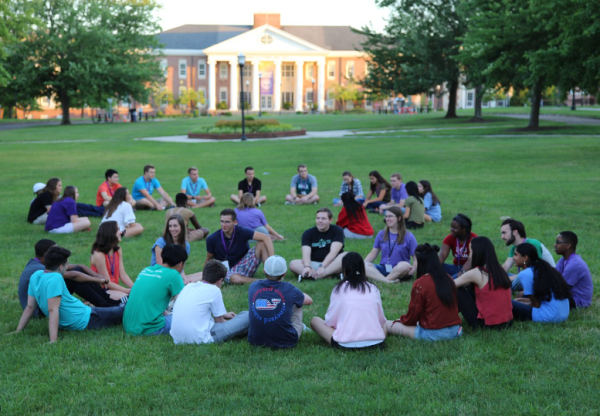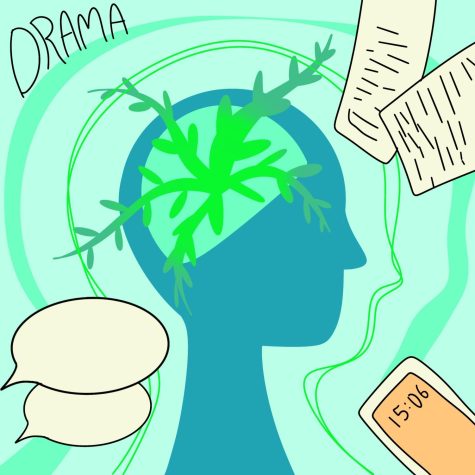Inflation, Interest Rates, and You
January 28, 2023
The United States’ economy is on the rocks. Inflation is sky high, interest rates are rising, and the stock market is down. According to economist Stephen Roach, the United States needs a “miracle” to avoid the coming recession. Some people believe that a recession is already occurring, given that there have been two economic quarters (six months) of negative GDP growth, a commonly held definition for a government recession. In a time like this, you aren’t alone in the confusion.
What exactly is happening in the American economy? Notably, record inflation. Not just high; higher than its been since the 1980s. The federal reserve (or fed for short) has been working on lowering inflation continually in the past few months by raising interest rates. There have been five hikes in interest rates since March, with the most recent one occurring on September 21st.
Next, the stock market is also down. In September, three major stock market indexes had their worst day since June 2020. Taking into account all this information, it becomes clear why many economists are pointing towards the possibility of a recession.
So, what would a recession mean for you? The first thing to happen a recession is loss of jobs. Often, those who have lost their job are left unemployed. A recession also affects social programs such as health care, and may also cause businesses to close. Those who are better off in a recession and do not lose their jobs still will likely lose at least part of their savings, especially those who have investments in assets. Young adults find themselves most impacted because they have not established themselves in the world.
As a teen, a recession may impact you in a unique way. First, a recession may cause financial stress generally for all people including teenagers. Due to this, during a recession many teenagers feel as if they must postpone attending college to get a job, which has long term and profound effects on their lives. Generally, teenagers that grow up in a recession have been seen to experience reduced social mobility.
However, there are a few things that teens can do to counter this. First, practice good spending habits. Save money wisely and involve yourself in daily finances. Create miniature emergency funds with spare income, or add to your family’s. Secondly, talk with your parents about their experiences with financial matters. Ask to participate in paying bills or tracking mortgage payments. Finally, keep an entrepreneurial spirit. Don’t let a tough economy dampen your spirits; where there is capitalism, there is business to be had.
At the end of the day, recessions are hard to navigate and even harder to predict. Whether or not there will even be a recession is a complex question with a vexing answer: maybe. There are certain economic indicators, such as unemployment, which are doing very well. However, this does not change the fact that inflation is high and not getting better quickly. Whether the United States will go into a recession or not, it’s good to be prepared.
























